As the activities of the shipping industry can easily become a hassle due to their complexity, businesses often use the services of shipping brokers to simplify their logistics operations.
Their services are particularly useful in the context of international trade since this one might require different modes of transport or more documentation. Shipping brokers have the expertise to help shippers and carriers obtain a good contract that will benefit both of them.
Let’s learn more about shipping brokers and what their profession entails!
Shipping broker: A practical definition
Shipping brokers play an important role in international trade, as they are the ones who arrange the transport of goods from one place to another on behalf of two parties. More specifically, they act as an intermediary between shippers and carriers: their role is to facilitate and ensure seamless coordination of the process.
Shipping brokers possess extensive knowledge of the industry and maintain strong relationships with carriers, enabling them to negotiate competitive rates and secure reliable transportation options for their clients.
By leveraging their expertise and network, brokers can optimize shipping routes, minimize delays, and provide valuable insights to help shippers make informed decisions.
While shipping broker and freight broker are two terms used to describe a professional in charge of organizing the transport of goods, and are often used interchangeably, there are some key differences:
| Shipping Brokers | Freight Brokers | |
| Scope of Transportation | They typically focus on arranging sea freight transportation | They handle various modes of transportation, including sea, air, rail, and road. |
| Involvement in the Shipping Process | They act as intermediaries, connecting shippers with carriers and negotiating shipping contracts, but they do not take physical possession of the freight or transport it themselves. | While they also act as intermediaries between shippers and carriers, their role is not limited to sea freight. |
| International vs. Domestic Focus | Shipping brokers often specialize in international shipping, handling customs clearance and regulatory requirements. | Freight brokers may focus on both domestic and international transportation, depending on their expertise and client needs. |
| Comprehensive Services | Their services are generally limited, and they do not offer comprehensive services. | They provide more comprehensive services while managing the entire logistics chain, including storage, consolidation, paperwork, and transportation, often using their own fleet for multimodal shipping. |
Today, according to Statista, around 80 % of goods are shipped by ocean transporta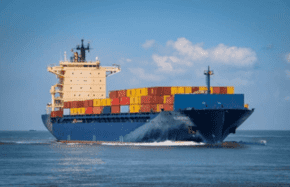
In this sense, shipping brokers act as mediators and negotiators between the two parties: their deep knowledge of the industry allows them to give the best solution for their clients.
SIAM Shipping Alert : SIAM Shipping assists and serves its customers by delivering their goods with the utmost priority. If you need any assistance related to your logistics activity, SIAM Shipping is the best choice! Do not hesitate to contact us via Whatsapp, or request your free quote available in 24 hours.
Missions and key responsibilities of a shipping broker
A shipping broker operates in various distinct areas, which is why he needs a broad range of skills. Since he acts as an intermediary between the shipper and the carrier, he needs to have deep knowledge of the maritime industry and be aware of the evolution of the market.
The missions of a shipping broker include:
Market Analysis

The best way to stay informed about the evolution is to always keep in mind customers’ needs while analyzing new market trends and the competition. A good market analysis is the first step for strong knowledge and an efficient strategy.
Negotiation
Transaction facilitation is one of the key responsibilities of shipping brokers. After having determined the needs, they have to negotiate the best rate and conditions to ensure their customers’ satisfaction. Through market research and cost analysis, shipping brokers can find the best compromise and guarantee a successful agreement that will benefit both parties.
Documentation

All documents related to terms and conditions, specifics of the shipment, delivery requirements, and compliance with transport regulations are sent to the shipper. Verified and certified documents guarantee a flawless shipping process.
Shipment management
To ensure a seamless process, the booking, scheduling, and coordination of shipments is crucial. Shipping brokers need to coordinate precise pick-up and delivery times that align with both the shipper and the carrier’s agenda.
They also have to make sure that the cargo is well-secured and that it complies with the transportation regulations. Shipment management also includes the tracking of the cargo throughout the whole logistics process: for this part, shipping brokers need to know about technology, as they have to use transportation management systems (TMS) that help with shipment tracking.
Risk Management
Securing the goods and avoiding risks is an important priority. Since they are responsible for transport coordination, shipping brokers have to identify potential risks during the process and evaluate a bunch of aspects. There are different ways to manage risks, but the most important thing to keep in mind is that shipping brokers have to be flexible and know their environment so they can find a solution in case of a problem.
Relationship building
Network building is a must, and prioritizing customer service is a great way for them to cultivate business opportunities and establish trust-based connections with their professional network.
Use of Technology
Finally, the sector is evolving and logistics digitization is becoming more and more important everyday. By embracing technology, shipping brokers can enhance their capacities to respond to market demands, and they can offer even higher quality services.
All in all, shipping brokers are professionals who have a strong interest in international business, and they have multiple skills allowing them to identify their customers’ needs and develop a good strategy to meet their expectations. Their expertise and knowledge of the market and negotiation skills allow them to deal with both the shipper and the carrier, while they also have to manage any potential risk during the process.
The importance of shipping brokers and why you need one
In the complex industry of international trade, shipping brokers act as facilitators.
Their broad range of competencies guarantee a smooth transport of goods. Contacting a shipping broker can become a real advantage for many businesses.
Through negotiation and communication skills, flexibility, and risk management, shipping brokers play a crucial role in optimizing transport operations and offering cost-efficient solutions to their clients.
Here are the reasons why shipping brokers are so important in the supply chain:
- They have good knowledge of the maritime sector: as mentioned before, shipping brokers conduct market and cost analysis while always being up to date with the sector’s evolutions. Many companies don’t necessarily know how to coordinate the transportation of their goods, so using the services of a shipping broker can be helpful and allow them to focus on growing their business instead.
- They can negotiate competitive rates: their large network and their expertise are the reasons why shipping brokers can offer consistent and competitive rates. Having access to these rates allows businesses to save money.
- They handle the organization of the transport process by coordinating all the activities associated with negotiation and contract. Shippers and carriers don’t have to burden themselves with all the paperwork, booking and scheduling of ships, and regulatory compliance, which is a real time-saver.
- They are flexible and can adapt to customers’ demands. According to the market conditions and potential changes, shipping brokers can provide the best solutions. Moreover, they have good knowledge of the different incoterms and can assist their clients in finding the best one for them.
By operating in various areas, shipping brokers can change businesses’ experience throughout the supply chain process. Using their services is a good way to save time and money, as they offer many advantages for both the shipper and the carrier.
SIAM Shipping info : When you are shipping internationally, it is likely that you have to use multi-modal transportation. SIAM Shipping specializes in different types of transport and can move your goods by using more than one method of transport. Learn more about multi-modal freight in this article, and contact us if you have more questions.
How To Calculate the cost of a Shipping Broker?

Obviously, the final price will depend on the size and weight of the shipment, as well as the type of products you want to import. Charges might vary, so make sure to communicate clearly about the different fees to avoid misunderstandings or additional charges.
The types of shipping brokers and the challenges they face
One of the aspects of shipping brokering is the complexity of the sector, as there are many factors to take into account and many challenges along the way. Each shipping broker specializes in some particular aspects of the shipping process to best respond to the demand.
The two main categories of this profession include Sales and Purchase Brokers, and Chartering Brokers.
Sales and Purchase Brokers
Sales and Purchase Brokers manage every step of the sale process, acting as intermediates between ship buyers and sellers. Negotiating sales with ship owners, assessing risk and vessel value information, offering financing options advice, and making sure transactions comply with regulatory standards are just a few of the responsibilities.
They frequently look for new customers, maintain connections with current ones, and analyze prospects’ needs while staying informed of changes in the shipping and maritime industry. Here are their main tasks:
- Conduct a market analysis: To do a proper job, Sales and Purchase Brokers analyze market trends to gauge the supply and demand for vessels.
- Analyze reports on sales and earnings.
- Provide financial advice for the selling and purchasing of ships.
- Analyze risks and develop a business plan.
- Manage negotiation and contract between the ship owner and the buyer.
- Optimize all operations and the use of available resources.
- Handle compliance with the sector’s regulations.
- Monitor the application of workflow improvements that increase productivity.
Chartering Brokers

They also seek prospective clients while maintaining their connections with current ones. Similarly to Sales and Purchase Brokers, they always have to be aware of their environment and the conditions of the market. Their main tasks are:
- Identify new business opportunities through market research and cost analysis.
- Examine reports on ship demand and supply as well as chartering activity.
- Determine and analyze potential risks and find a way to avoid them.
- Handle negotiation between the two parties.
- Manage paperwork and contract details.
- Find ships for specific employment.
- Track the achieved goals associated with the key performance indicators.
Challenges of Shipping Brokers

Their obligations become more difficult when they have to manage issues like environmental problems, piracy, and cargo damage. Furthermore, this is a competitive market which makes satisfying customers' expectations more challenging. Among these expectations, we find quick deliveries, affordable shipping options, flexibility, and simplicity.
More than that, shipping brokers are expected to know how to use their resources and develop cost-efficient business plans, as well as optimize supply chain operations to save time and money.
Finally, one of the challenges of this job is that shipping brokers might have to adapt to technology and digitization being slowly incorporated into the industry. Although technological tools are employed to make things easier and to obtain relevant and precise data, embracing them can be quite challenging.
Differences between shipping brokers, freight forwarders, and customs brokers
The shipping industry is a very vast one with a lot of professions. Therefore, we find multiple terms that sometimes resemble each other. It is easy to get confused and get the terms mixed up. In this section, you will learn the difference between three specific terms: shipping brokers, freight forwarders, and customs brokers. Let’s get into it.
Shipping brokers
As we have said before, shipping brokers are the intermediaries between shippers and carriers, and their main goal is to facilitate the negotiation between them.
The term shipping broker can easily be swapped with the freight broker one. The main difference between these two professions is that the shipping broker specializes in ocean transportation, while the freight broker can manage various modes of transport (sea, air, rail, and road).
Shipping brokers focus on the negotiation of freight rates, on the contract between shippers and carriers, and all the paperwork (bill of lading, insurance certificates, customs documentation, etc.) Using their services is a good idea for businesses that want cost-efficient shipping arrangements.
Freight forwarder
Freight forwarders, also known as “transit agencies”, are mediators who arrange for the shipment of goods when one or more additional transport adjustments are required. Simply put, the transit agent manages nearly every aspect of the company's logistics.
They specialize in every type of transport and offer several services, such as warehousing, customs clearance, freight insurance, and quality control.
While both the shipping broker and the freight forwarder coordinate freight movement for third parties, their obligations and responsibilities differ in several ways. As opposed to the shipping broker, the freight forwarder takes possession of the shipment and is responsible for it. They also handle most of the logistics and transport operations.
Using the services of a freight forwarder is helpful when dealing with complex logistics, and when using multimodal transportation. Businesses that do not want to burden themselves with all the operations can rest assured that a freight forwarder takes care of them.
SIAM Shipping Advice : Choosing between a shipping broker and a freight forwarder can change your entire shipping experience. If you need full-service logistics management, SIAM Shipping can assist you with different services, even with the sourcing operations.Do not hesitate to request a free quote now; our team will get in touch with you in less than 24 hours.
Customs Brokers
Customs brokers are professionals whose goal is to assist businesses in their import and export clearance. More specifically, their responsibility is to ensure that the goods comply with product and transport regulations.
They must have expertise and knowledge of import and export procedures, admissibility requirements, applicable tariffs and rates of the countries they are working with.
The difference between customs brokers and shipping brokers lies in the fact that customs brokers don’t deal with things unrelated to customs procedures.
Using the services of a customs broker is interesting in the case of international trade, as it requires dealing with different customs regulations and complex paperwork. It can also be helpful when shipping specific products that need more control during customs clearance. Using their services can help businesses avoid delays and save time.
In conclusion, shipping brokers are important actors in the shipping industry. They act as key intermediaries that simplify the complex logistics of global trade. From contract negotiations to shipment coordination, their primary responsibility is to ensure that goods are transported smoothly and efficiently across borders.
Using their expertise and services can significantly improve operational efficiency, reduce risk, and optimize costs. While both selling and charter brokers face unique challenges, their coordinated efforts are essential to keep the global shipping network running smoothly.
FAQ | What is a shipping broker and their role in the shipping industry?
What are the primary benefits of using a shipping broker for a business?
The primary benefits of using shipping brokers include cost saving, a wide network of carriers, and a complete logistical support. Businesses can concentrate on their core activities while shipping brokers negotiate better rates, handle documentation and everything related to compliance.
How do shipping brokers ensure the reliability and safety of shipments?
Through accurate tracking systems, and a reliable network of carriers, shipping brokers can ensure the safety of shipments. Moreover, a part of their job is to guarantee compliance with regulations and provide insurance options to protect the goods.
How has technology impacted the role of shipping brokers in the logistics industry?
Technology is composed of different tools that can be used to enhance efficiency and transparency of all logistics operations. With real-time tracking and data analytics, shipping brokers can provide accurate information to their clients and optimize their activity. Moreover, artificial intelligence can be used to forecast demand and more.
What should I choose between a shipping broker and a freight forwarder?
While shipping brokers and freight forwarders share some similarities, choosing one of them depends on your company’s needs. If you need a more complete logistics management, it would be better to choose a freight forwarder. However, if you only need to find a cost-effective solution and want to handle the physical transportation yourself, using shipping brokers services is your way to go.
SIAM Shipping info: Do you like our article today? For your business interest, you may like the following useful articles :
SIAM Shipping Advise : We help you with the entire sourcing process so don't hesitate to contact us if you have any questions!
- Having trouble finding the appropriate product? Enjoy our sourcing services, we directly find the right suppliers for you!
- You don't trust your supplier? Ask our experts to do quality control to guarantee the condition of your goods!
- Do you need help with the logistics? Our international freight department supports you with door to door services!
SIAM Shipping | Procurement - Quality control - Logistics
Alibaba, Dhgate, made-in-china... Many know of websites to get supplies in Asia, but how many have come across a scam ?! It is very risky to pay an Asian supplier halfway around the world based only on promises! DocShipper offers you complete procurement services integrating logistics needs: purchasing, quality control, customization, licensing, transport...
Communication is important, which is why we strive to discuss in the most suitable way for you!

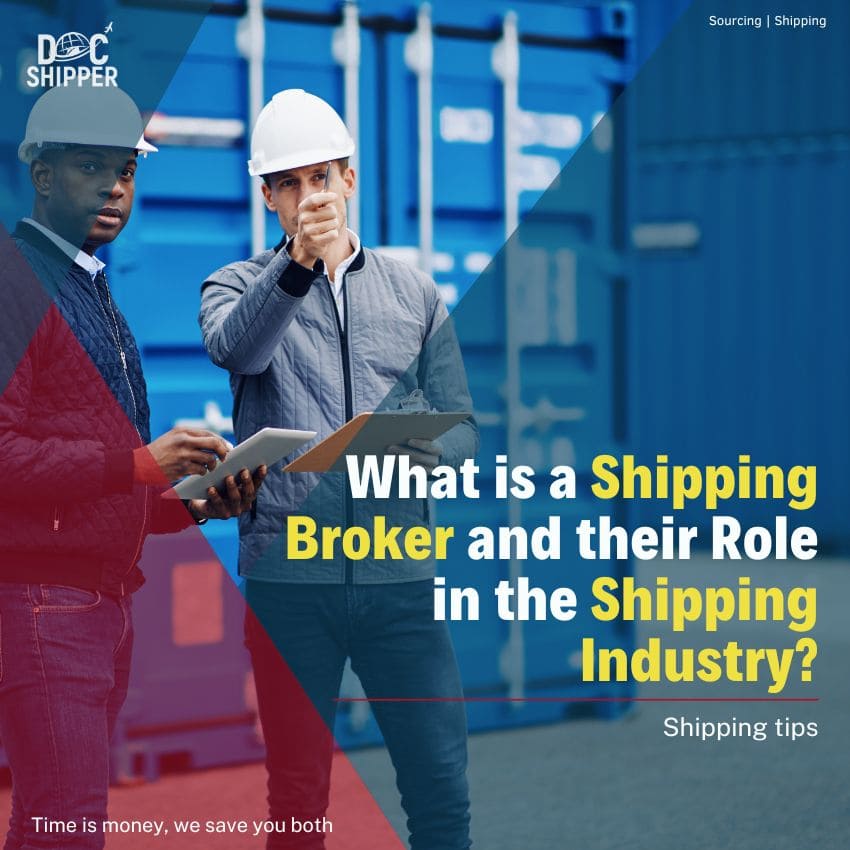

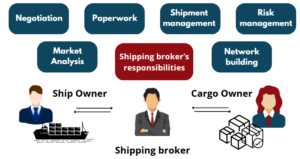

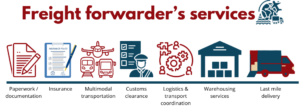




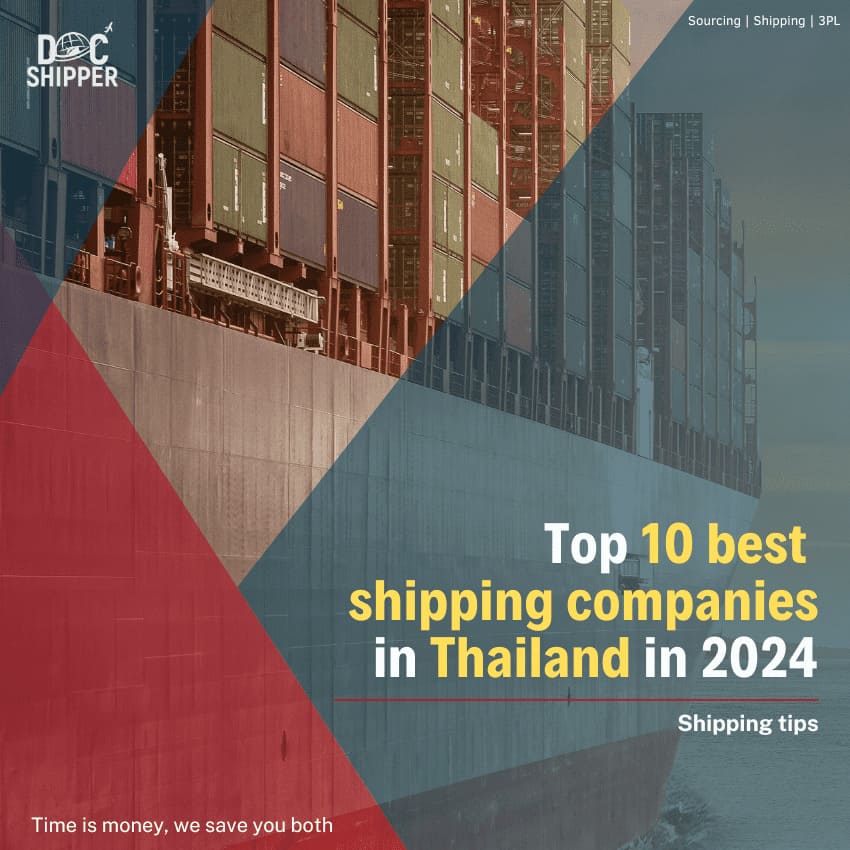
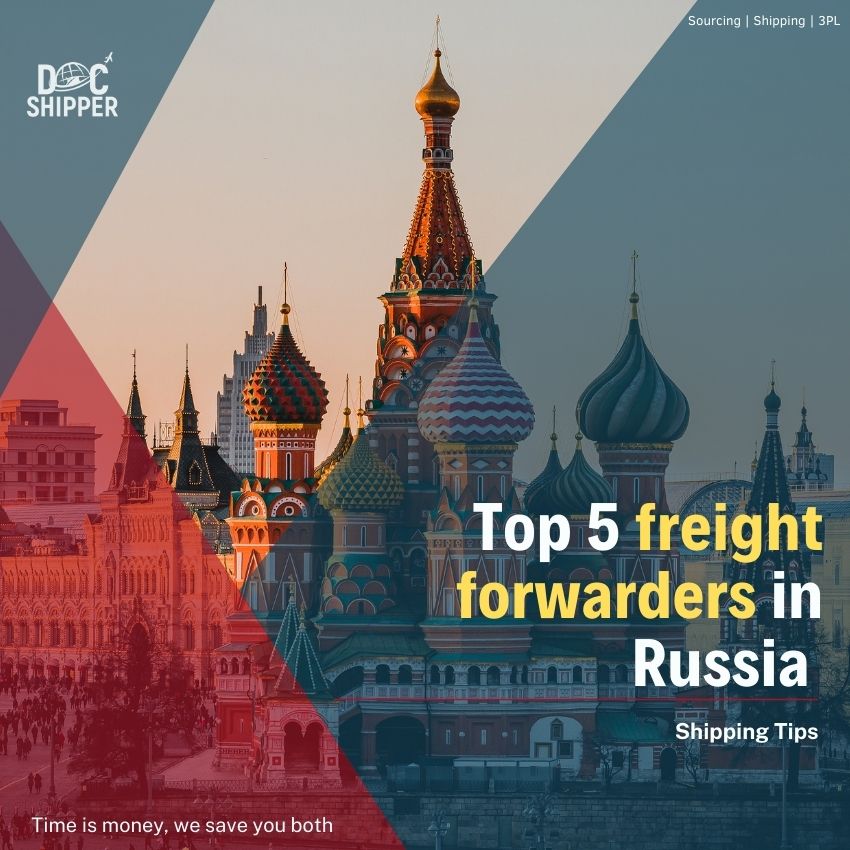

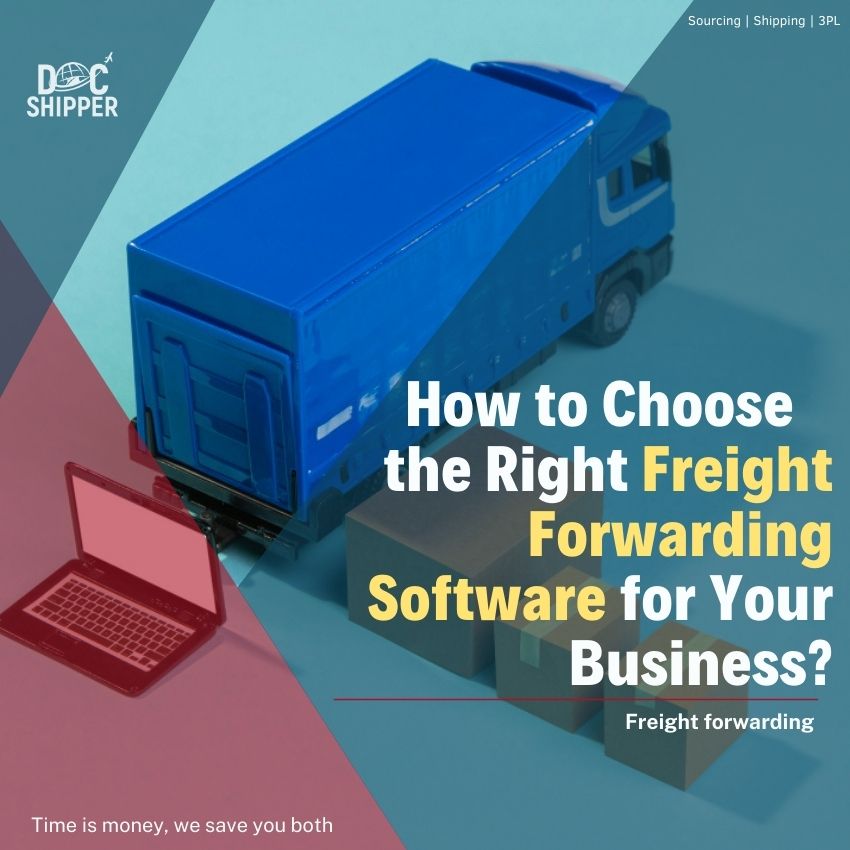
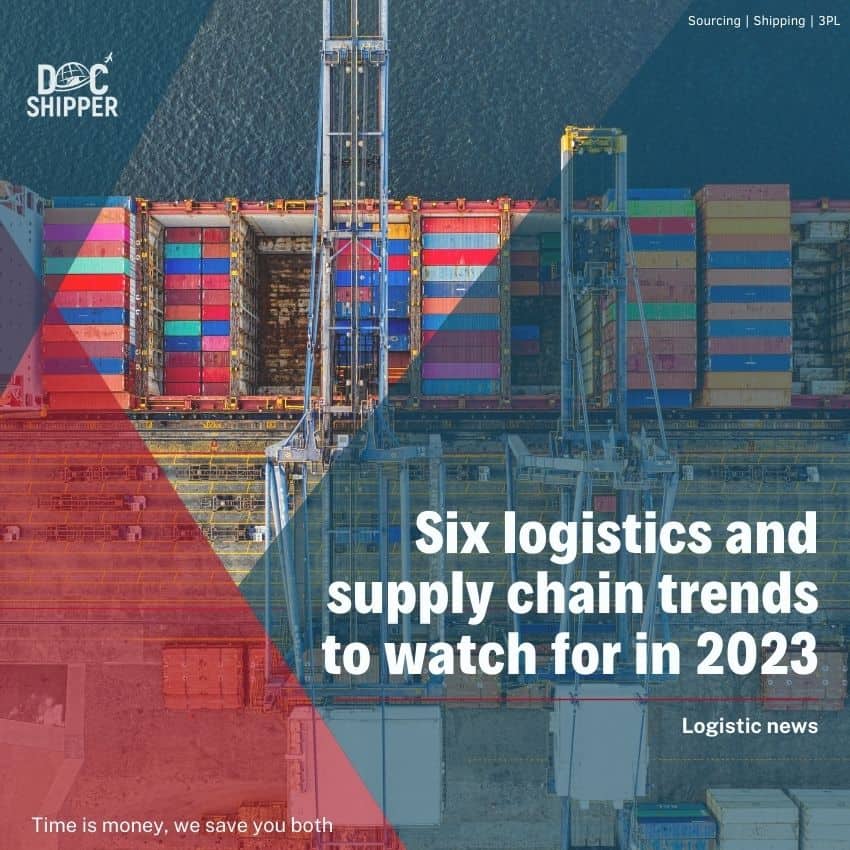
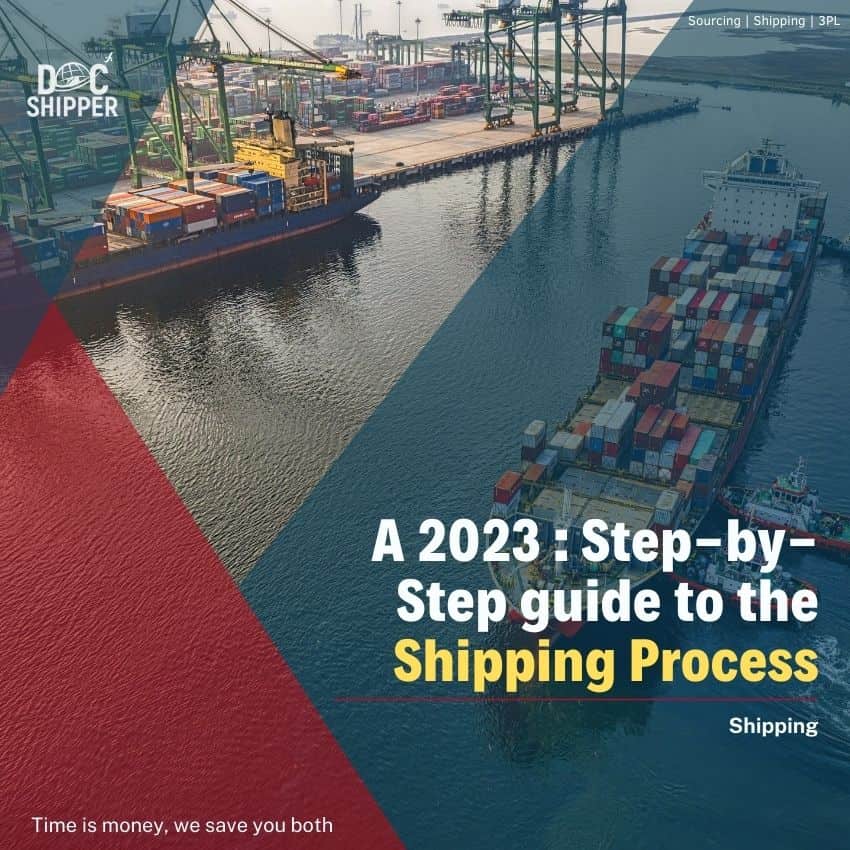
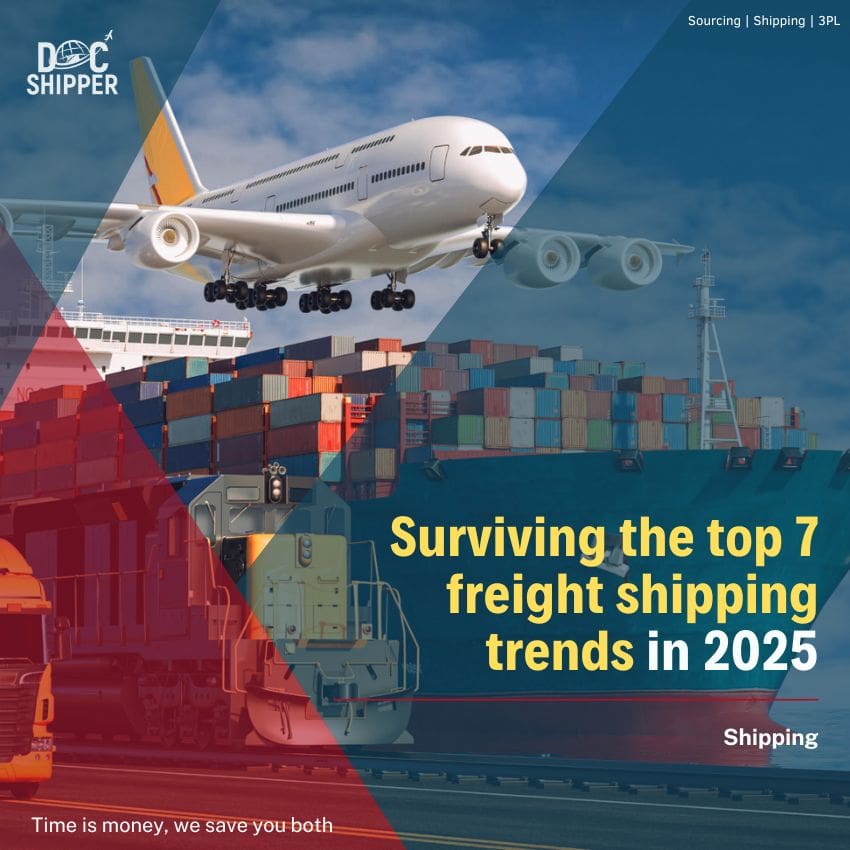
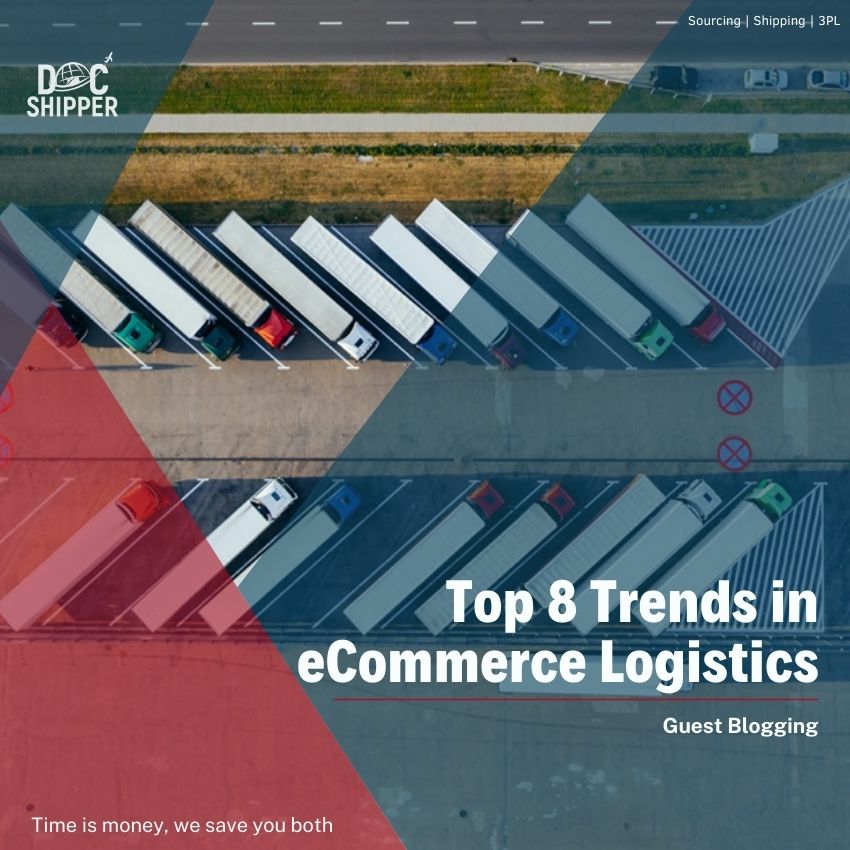
![What is logistics [Bible of logistics]](https://siam-shipping.com/wp-content/uploads/2022/06/What-is-logistics-Bible-of-logistics.jpg)